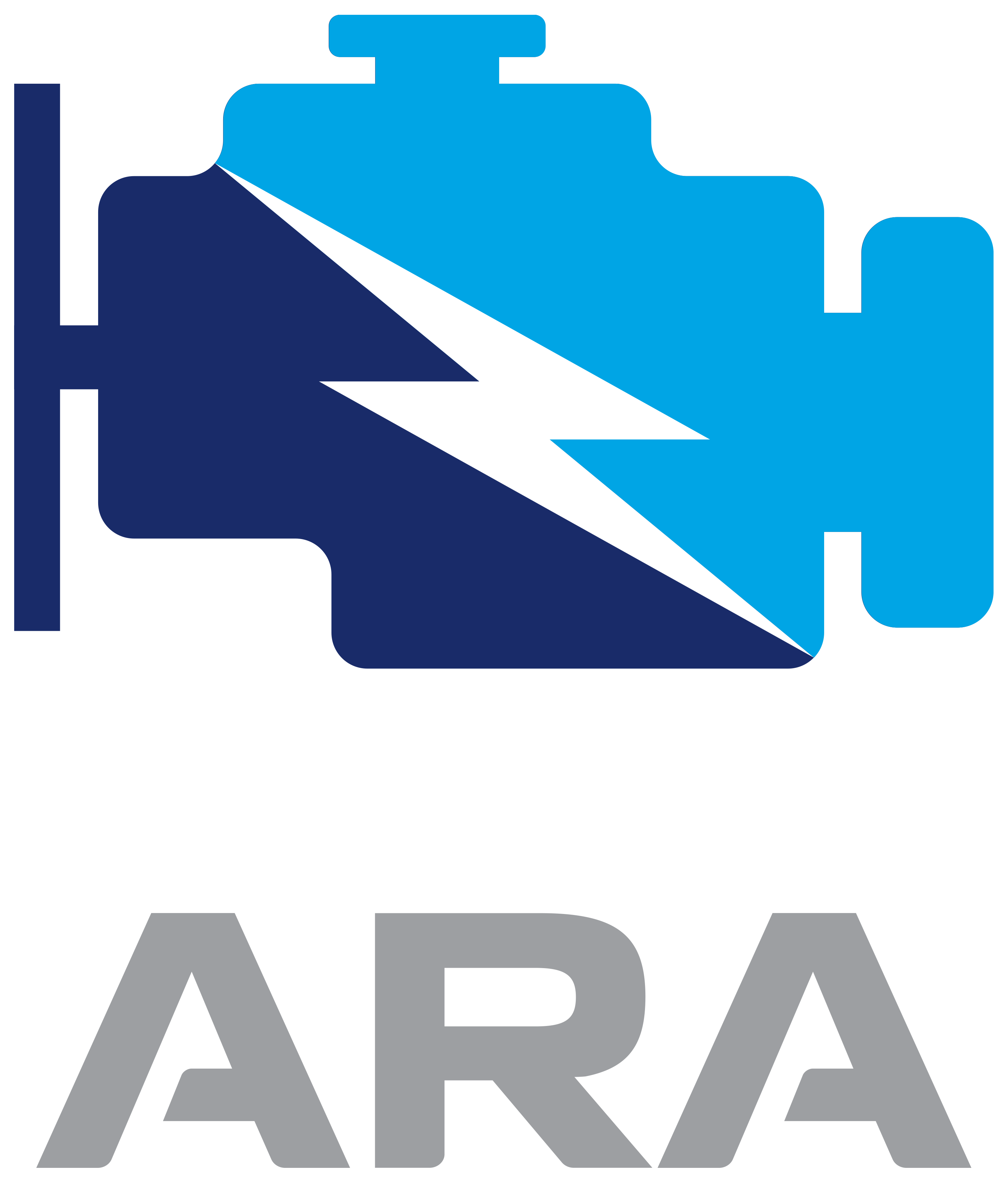| | | 1. The safety and security of your business, staff, and customers remain the most important items on the list. Criminals are well aware that our businesses are busier, and that our management teams and employees are easier to distract in a busy environment. Shrinkage often increases and so do incidents. 2. Do a daily safety and security walkaround in the morning and have a five-minute shift talk with the different teams in each area before the shift starts. 3. There may not be enough time, but you could possibly do safety and security training with your employees, even if it is only to remind them of the top ten things to keep in mind during the December month. You may have extra staff during this period, and you have to ensure that every employee is trained in safety and security. 4. Make your staff aware to always be conscious of their surroundings and pre-empt anything that could potentially go wrong or happen, like a criminal incident. Train them how to spot things out of the ordinary and to whom to escalate it to. 5. Make sure the safety and security rules are clear to everyone, including till limits, what to do in case of a robbery, safe drop limits, access to cash, etc. | | |
|
| 
| | | | 1. One of the worst things that can happen during a busy period is when a card machine breaks down, a drop safe becomes full, or the money you have dropped is not picked up or banked. Make sure you are aware of any days where there might not be a CIT pickup or who the technicians on standby are during December. Also, consider having a contingency plan in place when these ‘unforeseen’ happenings occur. 2. You are likely to have a sharp increase in the number of transactions per day, which may require additional staff. You could allocate an admin assistant to the cashier’s area to provide backup, to allow your cashiers to focus on customers. The assistant can pack customers’ purchases into bags, empty dustbins, fetch cigarettes, assist with promotions, fetch change, etc. This is particularly helpful if you have only two tills and one is also being used for forecourt transactions. 3. On the forecourt, you might consider having one assistant who does not dispense fuel but focuses on washing windscreens, checks tires, etc. This will ensure that service levels are maintained without the risk of having an untrained forecourt attendant being thrown into the deep end. Sharing tips may be an issue though – one site we are aware of provides such assistants with a bib and sign that informs customers that he doesn’t dispense fuel but washes windscreens as a free service during December and no tips are required. This will ensure that all tips go to the forecourt attendant who was helping the customer to fill up. | | |
|
| 
| | | | 1. You may consider additional shifts during this period but try to minimise overtime and shift swopping. Make sure that you restrict overtime and avoid it if possible. You can often keep overtime low by hiring a temporary assistant (as noted above) to help with the additional tasks or by hiring two or three extra staff, e.g. attendants. Do the calculation of what it will cost you in wages if you allow existing employees to work overtime, versus appointing another person for a fixed-term period. 2. You need to have fixed-term contracts in place for additional staff that clearly indicate the start and end date and the reason for the contract e.g. “due to additional sales and customers over the holiday season”. | | |
|
| Suppliers & Out Of Stocks | | 1. Suppliers often close during December and may limit orders you can place, as well as order/delivery dates. There may be additional items out of stock and, even if you have a delivery scheduled, there may be a delay. Ensure that you have sufficient buffer stock or a contingency plan if such a shortage occurs. 2. Print a list of your top 100 selling items and ensure that you have a plan in place to prevent you from running out of stock on these items. | | |
|
| | | 1. All the extra expenses during the Festive Season add up and you should keep a careful eye on how it impacts your cash flow. If you order too much or allow too much overtime it can eat away all the additional profit you make during December. If your controls are neglected (e.g. stock counts) staff may see an opportunity to benefit by increased skimming, producing to waste, short deliveries, etc. 2. Paying out leave or holiday bonuses in December could also have a big impact on your cash flow. Make sure to add this to your cash flow projection for the month and notify your bank in case you expect to go over the account/overdraft limit. | | |
|
| Convenience & Interruptions | | 1. Convenience is your customers’ primary need, and you must keep that in mind when providing services to them during the busy December period. Plan how you will handle longer queues, higher volumes of transactions, increased baking and food production, more customer requests, etc. 2. What about interruptions? You should have a backup plan in place for emergencies e.g. when a card machine is out of order. Have a sign ready to inform customers of the situation as soon as it happens:If an item sells out, you should have out of stock cards available. If the pies are in the oven, you should have a notice informing customers when it will be ready. | | |
|
| 
| | Management Best Practices | | 1. Those of you experiencing a very busy December period should take time to assign management in the right areas and assist them to plan and prioritise their days. Your managers can play a critical role in ensuring that the service runs smoothly, transactions are completed quickly, crises are resolved speedily, and that management is visible to both employees and customers. 2. A few suggested best practices are: i. All managers must be on the forecourt or helping cashiers during peak periods and not sit in the office. ii. Managers should provide an extra eye during critical tasks e.g. stock deliveries, shift changes, CIT pick up, etc. iii. Managers can spend more time outside the office to ensure that ‘new’ customers have someone to ask about directions, queries, products, services or even guidance on the area. iv. Managers can ensure that lunch and break times are adhered to as a busy site cannot afford employees taking longer breaks or several employees being on break at the same time. In summary: DO ensure that you have the necessary notices and signs laminated and available before the start of the busy period. This could include ‘out of order’, ‘ATM not working’, ‘pies are in the oven’, ‘out of stock’, etc. DO make sure that your staff members are aware of any temporary rules or changes in procedures. A good idea will be to type it, print it and make it visible so that employees are constantly reminded of the changes. DON’T forget that many of your customers may visit your site for the first time and will probably not be aware of the range of products and services you provide. Task managers to inform customers of promotions, services, and more when the manager is assigned to spend time on the forecourt and in the shop. DON’T forget to train temporary employees. Even if the person is only helping out for a few days or weeks, they still require full training, especially on safety and security. You do not want a new employee to attempt to stop an armed robbery, thinking that he/she must protect the money being stolen. | | |
|
| Why Us? We understand how your service station works | | FUTURENT focuses exclusively on the fuel industry. All our services are developed from decades of experience in the ownership and operation of profitable, sustainable service stations. | | |
|
| | | | | | ’tasklearn’ is fuel industry-exclusive e-learning, based on decades of experience in running sites and training Dealers, Managers & Staff. | |
| | ‘tasksafe’ is fuel industry exclusive health & safety support with easy online inspections, automatic reports and notifications. | |
| | ’task360’ is fuel industry exclusive access to industry information, fuel price updates, retail margin updates and much more. | |
| | ‘fuelstream’ is the largest online fuel industry community of Dealers & Managers | |
|
|
| | | |
|
| | | 
| | | | | Why don’t we see these signs in stores anymore? It used to be such a great way to let the “street” know you’re waiting to serve… | | |
| | 
| | | | | “Business as usual” no longer works. Retailers have to find ways of making the old new again. But how? | | |
| | 
| | | | | It’s around the corner. Are you prepared? Have you thought about the following?
| | |
|
| |
|
 info@futurent.co.za OUR SOCIALS Website Tweet with us Stay connected © 2020. All rights reserved. Unsubscribe – Webversion – Send to a friend ” v:shapes=”_x0000_s1026″> info@futurent.co.za OUR SOCIALS Website Tweet with us Stay connected © 2020. All rights reserved. Unsubscribe – Webversion – Send to a friend ” v:shapes=”_x0000_s1026″>
|
|












 info@futurent.co.za OUR SOCIALS Website Tweet with us Stay connected © 2020. All rights reserved. Unsubscribe – Webversion – Send to a friend ” v:shapes=”_x0000_s1026″>
info@futurent.co.za OUR SOCIALS Website Tweet with us Stay connected © 2020. All rights reserved. Unsubscribe – Webversion – Send to a friend ” v:shapes=”_x0000_s1026″>